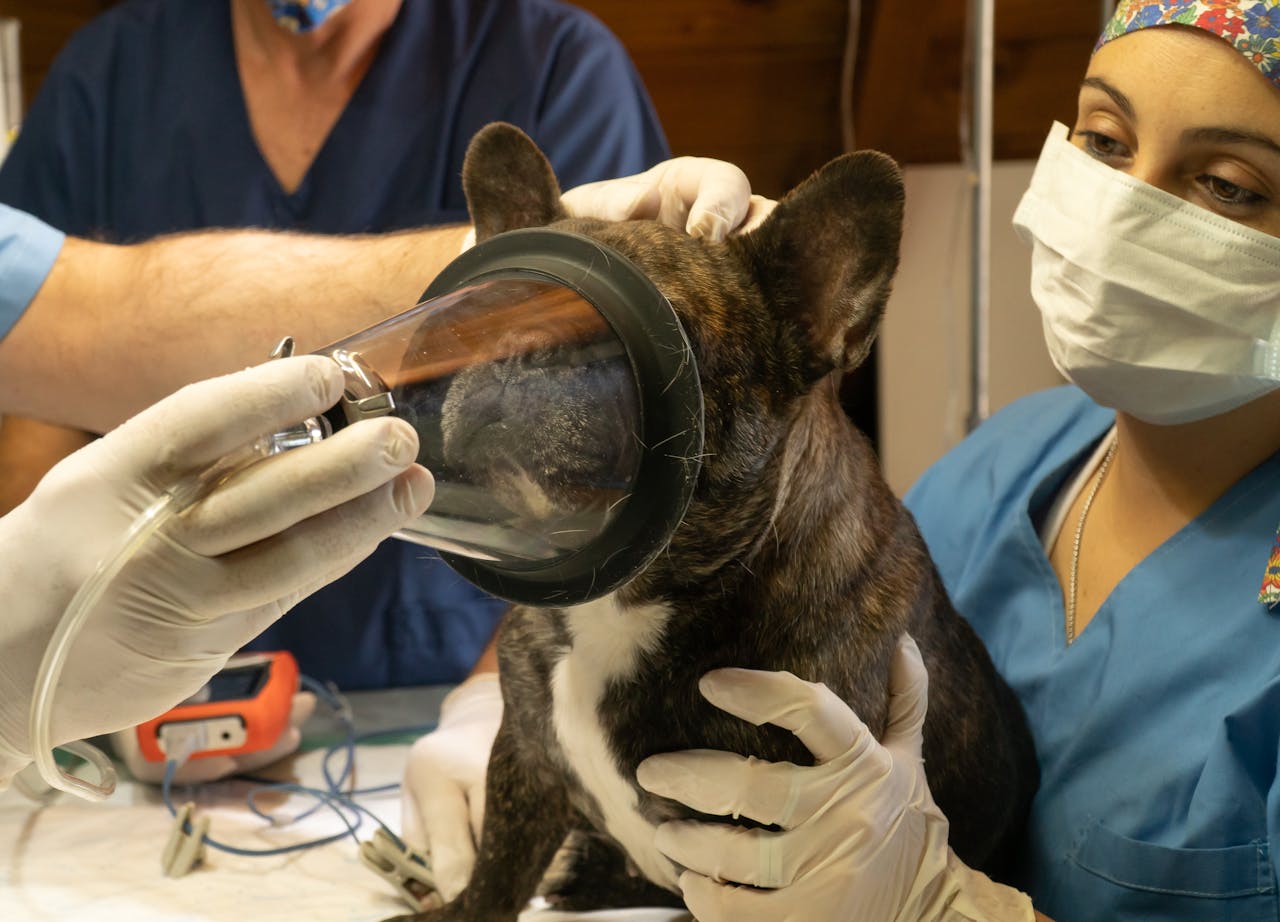For pets or their families, surgery is never simple. Healing really starts at home, even though the medical procedure itself is crucial. Pets depend on you for comfort, security, and careful attention following surgery. Your kind assistance makes all the difference when they feel weak, nervous, or vulnerable. Every detail counts, from tracking recovery to managing pain. We help families navigate these delicate times at 48th Avenue Animal Hospital in Delta, BC, making sure pets recover with respect and affection. Post-operative care is not only medical; it is also emotional, gradually turning weakness into strength and fear into trust.
1. Establish a Calm Environment
Pets require rest in a calm, secure setting following surgery. To lessen stress, cut back on loud noises and distractions. A cozy bed in a well-known nook gives them a sense of safety. Peace is necessary for healing, and establishing a haven where your pet can recuperate without interruption enables their body and soul to regain vitality, comfort, and a feeling of security.
2. Track Medication and Pain
Pain control is crucial. As directed, take prescription drugs as directed, and keep an eye out for any indications of discomfort, such as whining or restlessness. Never administer human medication unless your veterinarian instructs you to do so. Pets that receive the right medication recover more quickly and experience less needless suffering, making their journey as easy, gentle, and comfortable as possible from the beginning.
3. Manage Motion
Pets that are active may want to run or jump too soon, which could result in wounds or injuries. To restrict activity, use leashes or confinement spaces. Wounds heal without strain when movement is controlled. Pets may experience restlessness, but your cautious supervision keeps them safe. During this phase, patience promotes a healthier, faster recovery and helps avoid issues that could postpone healing.
4. Keep an eye on surgical sites
Every day, check incisions for discharge, swelling, or redness. These early indicators may point to delayed healing or infection. It’s crucial to keep the area dry and clean. Think about wearing protective collars if your pet licks or bites at stitches. Keeping a close eye on wounds demonstrates love in action and guarantees that your pet’s body heals safely, without needless medical complications or discomfort.
5. Hydration and Diet
Fuel is necessary for healing. As advised by your veterinarian, serve small, wholesome meals and lots of water. Loss of appetite is normal, but it should get better over time. Healthy eating promotes tissue repair, increases energy, and fortifies immunity. You can help them turn weakness into resilience by feeding them with awareness, which will give their body the strength it needs to heal completely and without needless delays.
6. Consolation on an emotional level
Pets require reassurance in addition to physical care. During their recuperation, soothing words, gentle touches, and a composed demeanor reduce their anxiety. They understand your love, even if they don’t understand the process. Their spirit and trust are restored when you sit quietly by their side. Healing is more than just bandaging injuries; it’s also about fostering the connection that gives them the strength to get better.
You and your pet go hand in hand on the path of post-surgical care. Your love, care, and patience make the healing process feel safe and comfortable. Our caring staff at 48th Avenue Animal Hospital, 5020 48 Ave, Delta, BC V4K 3V3, Canada (+1 604-946-7779), is available to help you at every step of your recuperation. We support you and your cherished companion with everything from emotional support to medical monitoring. Because recovery is about regaining strength, hope, and trust, not just about curing a wound. By working together, we can make every step toward love and health.

